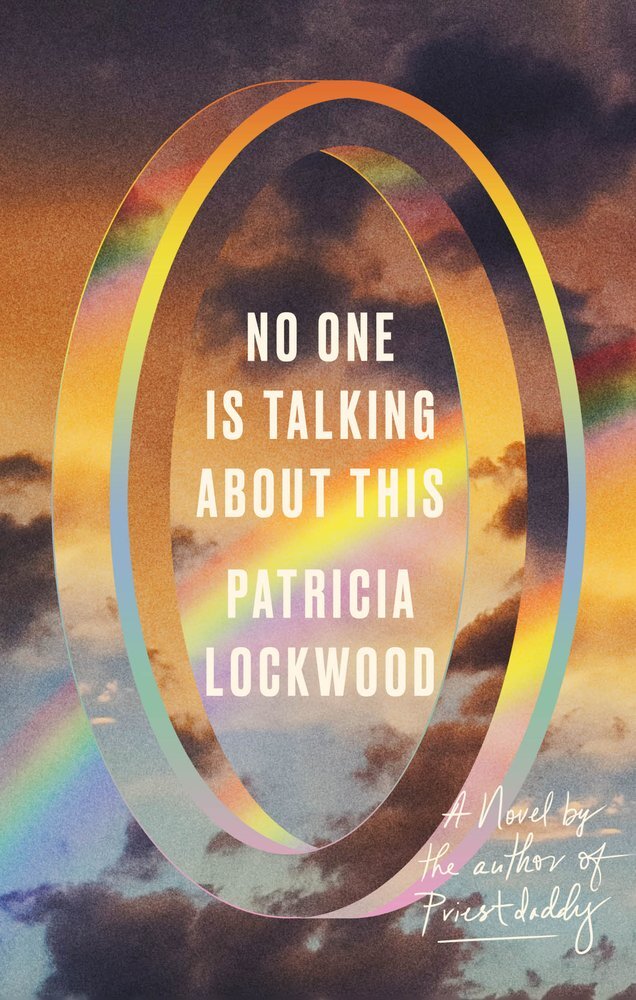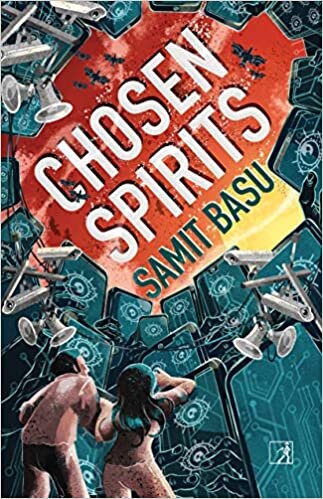Friday Links, June 25, 2021
+ Sixth Power of the Word Conference will explore the “call of literature” for authors and readers.
+ About the ways number and logic underlie the entirety of Dante’s Commedia.
+ Congratulations to DT editorial assistant Mary Woods on her first novel!
+ Two Internet novels get us closer to understanding the experience of life online.
Power of the Word International Conference VI
28 June - 2 July 2021, on-line
Karen Barbre Ullo, author, former Dappled Things Managing Editor, and Founder and Editor of Chrism Press, shared the above link, “This looks really interesting.” Me: “Right on topic. I’ve been mulling over these very questions with Katy Carl!”
“The sixth Power of the Word Conference, a collaboration between the Loyola Institute and The Power of the Word Project, will explore aspects of the ‘call of literature,’ for authors and audiences alike.
“How do writers and critics understand it? What does it mean to speak of a ‘vocation’ to write and what have theologians and philosophers got to say on the matter? In what sense can we speak of readers being called to literature? However we might resolve these questions, we are still left with a profound problem. Is the spirit of literature necessarily an ‘angel of light’? Or does the call of literature sometimes prove to be a siren song? Reading is ‘dangerous’, wrote Marcel Proust, when, ‘rather than waking us to the inner life of our soul, it tends to take its place’ (Sur la lecture,1906).The many different ways that we experience literature, as authors or readers, invite questions about discernment, authenticity, truth, beauty and much else besides. The conference aims to explore, without geographical or chronological restrictions, the ‘call of literature’, the problems of discernment that it introduces for literary authors and their readers, and philosophers’, theologians’ and critics’ recourse to the literary.”
The Math Behind Dante's Divine Comedy
Katy Carl, DT Editor in Chief, recommends this intriguing article by Matthew Canonico at Church Life Journal , about the ways in which number and logic underlie the entire Commedia.
“In the Paradiso, as Dante journeys toward his vision of the Divine, the focus on number and structure does not dwindle, but the importance shifts from understanding the components of these intricate structures of the universe to instead appreciating the paradoxically simple source and ground of being that is God. Dante communicates the conception of the Divine as a point, a punto, through number, geometry (number applied to space), physics (number applied to space and time), and optics (physics applied to sight). This culminates in the Primo Mobile, where Dante is overcome by the dimensionless punto that is the source and ground of being.”
Giovanni Guida, Apotheosis of Dante Alighieri in Florence, 2021; Source: Wikimedia Commons, CC BY-SA 3.0.
COMING SOON FROM CHRISM PRESS: MARKMAKER BY MARY JESSICA WOODS
Katy Carl writes, “Congrats to DT editorial assistant Mary Woods on the forthcoming publication of her first novel!” Karen Barbre Ullo follows up with, “It’s really good, y’all.”
Rhonda Ortiz, DT Webmaster and Chrism Press Founder and Editor: “VERY good.”
Fr. Michael Rennier, DT Web Editor and contributor,“A sci-fi exploration of tattooing? Sign me up for a review, plz.”
Rhonda Ortiz adds, “I hate sci-fi and I adore this book. It's sacramental, it's engaging, the protagonist is sympathetic...”
Bernardo Aparicio Garcia, DT Founder and Publisher: “Congrats!”
Natalie Morrill, DT Fiction Editor: “Hooray.”
THE INTERNET NOVEL COMES OF AGE
TWO FINE NOVELS EXPRESS RADICALLY DIFFERENT VIEWS OF ONLINE EXISTENCE
No One Is Talking About This
by Patricia LockwoodChosen Spirits
by Samit Basu
Katy Carl: “Also of interest: I tend to think of fiction (and poetry, essays, and beautiful visual art in analog print culture generally) as helping us ‘generate resistance to the technocratic paradigm,’ and these reviews [of two books about online existence, by Eve Tushnet at First Things] don't disappoint. Lockwood is an interesting figure, too, as someone writing from what might be called a Catholic-adjacent viewpoint, and I'm fascinated by how the baby in No One Is Talking About This seems to disrupt the disembodied flotsam of the narrator's online life. On my to-read list.” Liked by Rosemary Callenberg, DT Associate Editor, and Rhonda Ortiz.






